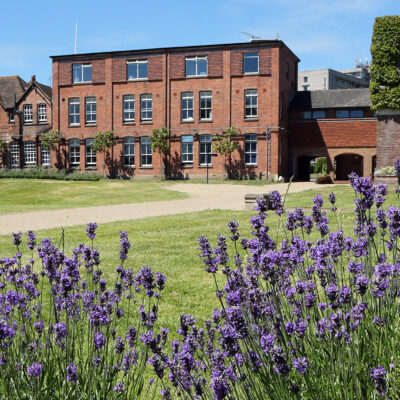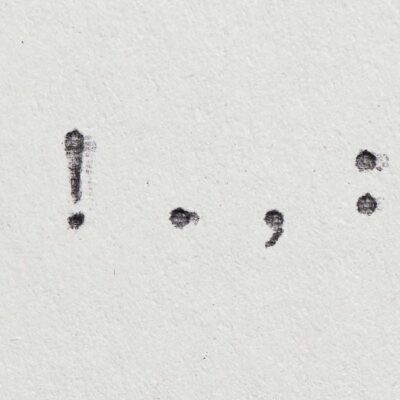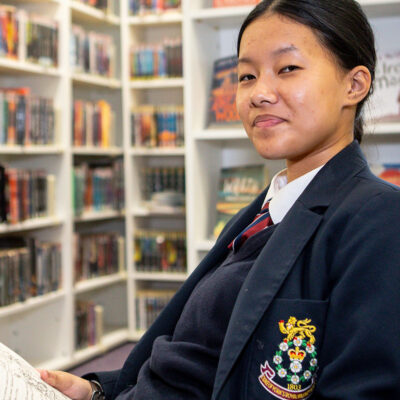Mike Piercy reminds us of the importance of being honest with ourselves as we venture into a new school year
It was Edward Bulwer-Lytton, the nineteenth century writer, who coined the phrase, ‘The easiest person to deceive is one’s self.’ It sounds counter-intuitive: how can you believe something when you know it’s not true?
Yet, we all do it. I’ve tidied up the garden shed. I’ve answered all the emails. I’ve worked my hardest today. The shed remains half-tidied. That difficult email remains unwritten. I watched the test match on my phone for much of the afternoon.
As adults we do have something of a self-checking, self-regulating mechanism which develops with maturity and self-awareness (though we are still, strangely, quite capable of deceiving ourselves). For children, however, it is an attribute which grows with time and practice. I’ve worked really hard at my homework for the full thirty minutes (apart from the fifteen I spent on my phone). I’ve tidied my room properly (with the debris and detritus hurriedly shoved under the bed). I helped my little brother understand his maths (actually, I just did it for him).
The new school year beckons. Summer holidays will hopefully have brought rest and revitalisation. Reports will have been read, digested and advice noted. Another look before the new term is a good idea along with some target-setting. That teacher who gave me a ‘D’ for effort – it’s only because she doesn’t like me. True?
Not quite. I find physics difficult. She offered breaktimes for extra help but I chose to spend time with my friends. There will be new year resolutions and ambitions, learning lessons from past experience. The key to good decision-making is anticipating the consequences. I once visited a school where I chatted with some of the older pupils. They were very open – and grumpy – about a new discipline policy which had been implemented. They felt it was a bit harsh because of some clearly defined sanctions. Through discussion I guided them to the point where they realised they were focusing on the wrong thing. I encouraged them to consider the ‘offences’, or transgressions from the behaviour code. They disagreed with none, accepting it was about the choice of behaviour, the decision-making, with known consequences.
As our young people embark on the new school year, developing these two habits will, I believe, serve them well in anything they choose to undertake… Firstly: being honest with themselves when things don’t go so well – or as intended. Secondly, thinking ahead: anticipating the consequences of every decision and action.
I wish them all a happy, fulfilling, successful school year.
“It sounds counter-intuitive: how can you believe something when you know it’s not true? Yet, we all do it.”
You may also like
Meet the…Head
Ashley Currie shares what’s winning Ashford Schoolrecognition in the national press Who or what has had the greatest influence on you as an educator?My greatest influence was my primary school headmaster, Mr Abrahams. He was a very kind man and...
Intended Meaning
Former headteacher Mike Piercy fights punctuation’s corner Inscribed on the black / white / digital board (please delete as appropriate according to era): whats for lunch john asked pete The question to the class, ‘Who’s talking, John or Pete? Hands...
Get Reading!
The Duke of York’s Royal Military School explains how they inspire a love of books In an age dominated by digital devices and ever-shortening attention spans, fostering a genuine love for reading in young people is both a challenge and...









